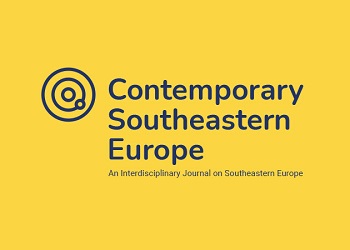Queer to be kind: Exploring Western media discourses about the “Eastern bloc” during the 2007 and 2014 Eurovision Song Contests
Queer to be kind: Exploring Western media discourses about the “Eastern bloc” during the 2007 and 2014 Eurovision Song Contests
Author(s): Alexej Ulbricht, Indraneel Sircar, Koen SlootmaeckersSubject(s): Gender Studies, Music, Nationalism Studies, Politics and Identity, Identity of Collectives
Published by: Universität Graz
Keywords: homonationalism;queer politics;xenophobia;voting behaviour;Eurovision;
Summary/Abstract: This article examines the voting results and Western European media coverage of the 2007 and 2014 Eurovision Song Contests. The Austrian drag act Conchita Wurst (the alter ego of an openly gay man) won in 2014,whilst Serbian entrant Marija Šerifović, portrayed in Western European media as lesbian at the time, won in 2007. We first explore the extent to which there was an East-West voting divide in both contests. In 2014,while there was some elite hostility against Conchita in Eastern Europe,the popular support was on a similar level to that in Western Europe. In2007, we find no significant geographic divide in support for Šerifović.However, when we examine mainstream UK and German media coverage during and after both contests, we find strong anti-Eastern European discourses that are at odds with the similarity in the public voting. We employ the concept of homonationalism to interrogate inconsistent Western media discourses: the East was depicted as a site of homophobia and the West as a site of tolerance in 2014, whilst the queer aesthetic /identity of Šerifović was largely overlooked in 2007.
Journal: Contemporary Southeastern Europe
- Issue Year: 2/2015
- Issue No: 1
- Page Range: 155-172
- Page Count: 18
- Language: English

